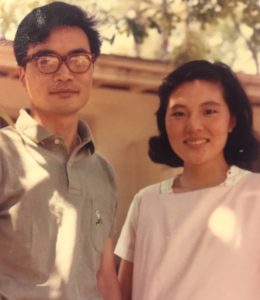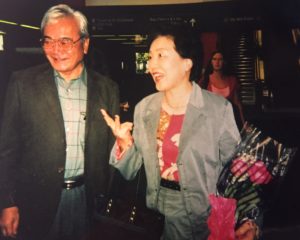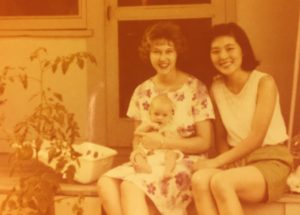One Saturday morning, when I was in school at the University of North Carolina at Chapel Hill, one of our Victory Village neighbors asked me to go with him to collect from a fellow who was behind on his furniture payments.
My neighbor, who was also a student, worked part-time as a debt collector. He told me that debt collectors at his company worked in pairs, one was the “good guy” collector, the other was the “bad guy” collector. My neighbor said he was the “good guy” debt collector.

He headed his Volkswagen away from Chapel Hill on a four-lane highway, turn onto a two-lane secondary road, then down a gravel road, then onto a dirt road. Finally he turned down what looked like a wide path covered with pine needles.
The man’s house, which had not been painted in years, was deep in a pine forest. He had no neighbors. There were holes in the floor of the porch and the screen door was busted.
The front door was open.
The debt collector turned off the engine, got out of his car, walked up the steps onto the porch, and knocked on the screen door.
A man wearing a dirty pair of used-to-be green trousers and a clean, sleeveless, white t-shirt came to the door but he didn’t come outside, onto the porch. He and the debt collector talked through a hole in screen door.
I sat in the car with the window down, listening.
The debt collector talked friendly like, reminded the man that he had missed several payments, and asked him to pay up.
The man said he didn’t have any money.
The debt collector told him he was trying to be nice. He said the man didn’t have to pay everything he owed, but he had to pay something on the bill.
Again, the man said he had no money.
The debt collector began tightening the screws.
“If you don’t pay something,” he said, “they’ll send another fellow out here and he won’t be so nice — he’ll take your furniture.”
“You sent him out here,” the man behind the screen door said, “and you won’t see him no more.”
It took the good guy debt collector all of, oh, 10 seconds to say goodbye, hustle back to his car, and boogie.
Coming Friday: “Go Tell Daddy What You Did!”


